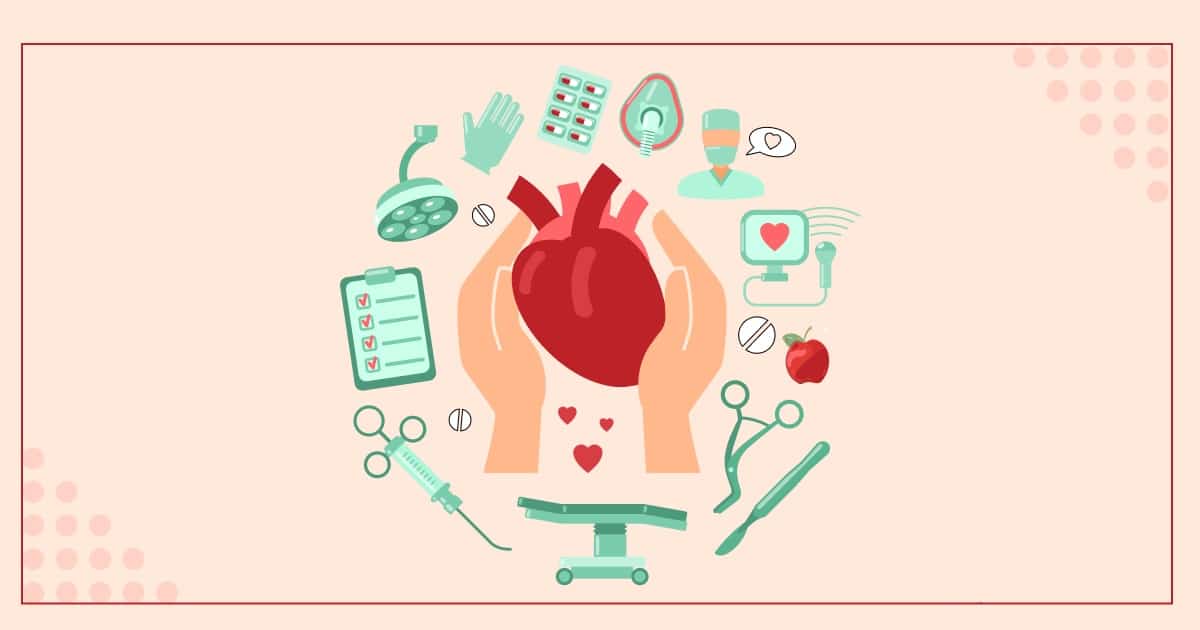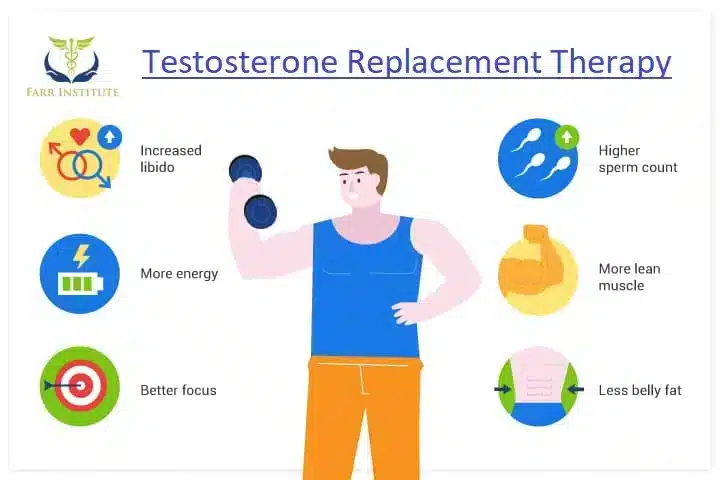Hot off the press, the latest study in The New England Journal of Medicine, one of the most prestigious medical journals, shed some light on whether testosterone replacement in men with low testosterone had a good or bad effect on the heart. This study was the gold standard, a randomized double blind controlled study. Observational studies carry less weight. The prior studies had conflicting results due to short duration, not looking specifically at cardiovascular risk.
In fact, the trial that questioned testosterone therapy safety was done in men whose mean age was 74 and had limited mobility and a high prevalence of chronic disease. Limited mobility is a predictor of poor quality of life, disability and death. It was a small sample. 1 We learned from the Women’s Health Initiative that the sooner you start hormone replacement therapy the better.
Conflicting results in other trials were due to cardiovascular events in not uniformly judged (was it a CV event or not), definitions of events were broad and inconsistent, and the trials did not have a high chance of detecting a difference between groups for cardiovascular outcomes. Many were limited by potential confounding and selection bias, also showed conflicting findings. In one study, 25% of men never had blood tests to determine levels of testosterone!
Unlike other studies, this study is the real deal. They actually measured levels and adjusted the dose of testosterone to achieve levels between 350 and 750 ng/dl. Over 5,000 men were followed for about 33+ months and they looked at the safety from a cardiovascular (heart and blood vessel) perspective.
These men ranging in age from 45 to 80 had a high risk of cardiovascular disease or a preexisting cardiovascular condition. More than half the study participants were over 65. They had one or more symptoms of low testosterone.2
Symptoms of Low Testosterone

- Decreased sexual desire or libido.
- Decreased spontaneous erections.
- Decreased energy or fatigue.
- Low or depressed mood.
- Loss of armpit or pubic body hair.
- Decreased frequency of shaving.
- Hot flashes.
- Two fasting testosterone levels less than 300 ng/dl
Risks for Cardiovascular Disease
Three or more of the following are considered an increased risk of cardiovascular disease:
- High blood pressure
- High cholesterol
- Smoking (current)
- Stage 3 chronic kidney disease
- Elevated C- reactive protein (CRP) a marker for inflammation.
- Age over 65
- Evidence of narrowing of the arteries to the heart, brain or legs.

The results of patients in the testosterone group compared to the placebo group showed:
- The risk of cardiovascular disease was no different in men taking testosterone and men taking placebo!
- The risk of clots was higher in men with a high platelet count which was not due to testosterone therapy. So, men with a high platelet count have a risk with testosterone replacement therapy.
- Unexpected results were an increase of heart rhythm disturbances and kidney injury, however other studies showed a significant decreased risk for Atrial fibrillation3, a heart rhythm disturbance that can cause stroke and clots to other parts of the body. The group that had atrial fibrillation in those men who failed to achieve normal testosterone levels due to inadequate dose or not taking the testosterone as prescribed.
Other studies support the use of Testosterone Replacement Therapy
- A large observational cohort showed that bringing testosterone levels into normal levels was as demonstrate that significant benefit is observed only if the dose is adequate to normalize the testosterone levels. Patients who failed to achieve the therapeutic range after Testosterone Replacement Therapy did not see a reduction in heart attack or stroke and had significantly less benefit on mortality. sociated with a significant reduction in all-cause mortality, heart attack, and stroke.4
- In an observational cohort of men with low testosterone levels, testosterone treatment was associated with decreased mortality compared with no testosterone treatment.5
Benefits of Testosterone Replacement Therapy
- Improved sexual function.
- Increased bone volume and bone mineral density.
- Corrects unexplained anemia.
- Reduces symptoms of depression.

It is important to have a thorough evaluation and blood tests to determine testosterone levels and if you are a good candidate for Testosterone Replacement Therapy. Testosterone can turn into estrogen and give men enlarged bellies and breasts or it can turn into dihydrotestosterone DHT and cause hair loss. Find a functional medicine doctor who has knowledge, training and experience in Testosterone Replacement Therapy. You may apply to work with us and see if we are a good fit.
- Basaria S, Coviello AD, Travison TG, et al. Adverse Events Associated with Testosterone Administration. N Engl J Med. 2010;363(2):109-122. doi:10.1056/NEJMoa1000485
- Lincoff AM, Bhasin S, Flevaris P, et al. Cardiovascular Safety of Testosterone-Replacement Therapy. N Engl J Med. 2023;389(2):107-117. doi:10.1056/NEJMoa2215025
- Sharma R, Oni OA, Gupta K, et al. Normalization of Testosterone Levels After Testosterone Replacement Therapy Is Associated With Decreased Incidence of Atrial Fibrillation. J Am Heart Assoc. 2017;6(5):e004880. doi:10.1161/JAHA.116.004880
- Sharma R, Oni OA, Gupta K, et al. Normalization of testosterone level is associated with reduced incidence of myocardial infarction and mortality in men. Eur Heart J. 2015;36(40):2706-2715. doi:10.1093/eurheartj/ehv346
- Shores MM, Smith NL, Forsberg CW, Anawalt BD, Matsumoto AM. Testosterone treatment and mortality in men with low testosterone levels. J Clin Endocrinol Metab. 2012;97(6):2050-2058. doi:10.1210/jc.2011-2591





She is a recognized and award-winning holistic, functional, integrative and anti-aging healthcare practitioner, speaker and author, and has been featured in ABC News, Forbes, WOR Radio and many media outlets to spread the word that you can live younger and healthier at any age.